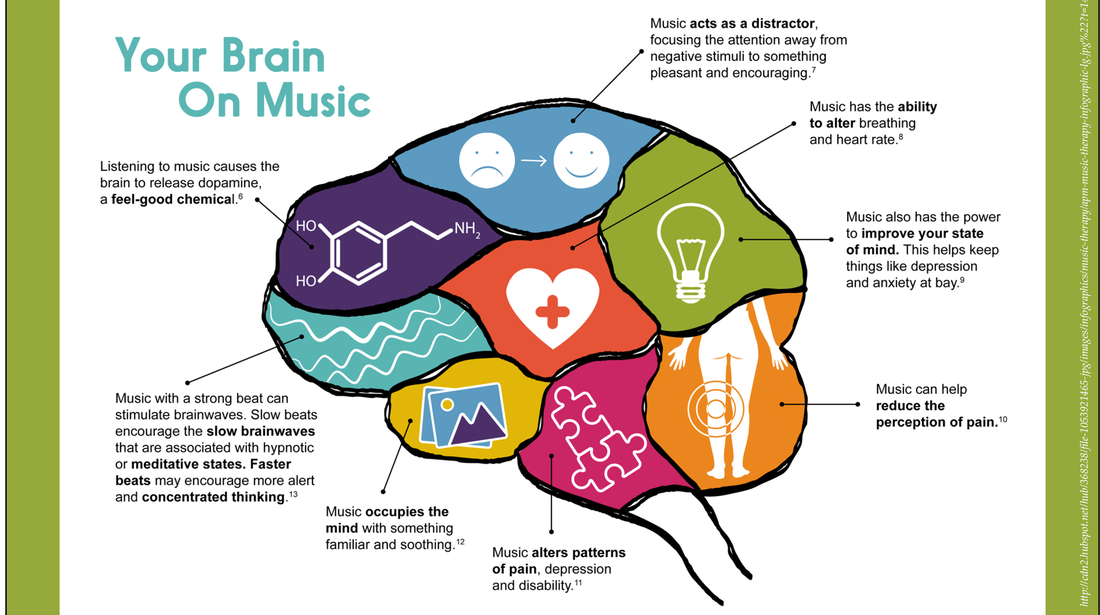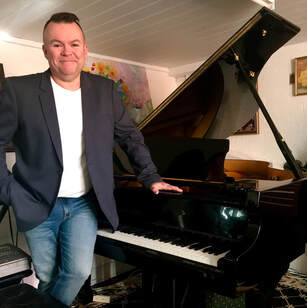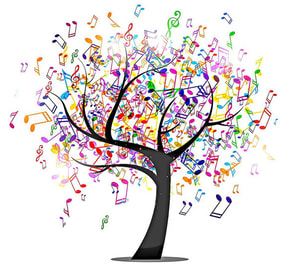Music Specialist
Doctors are Now Prescribing Music as Therapy from Music Specialists for Heart Ailments, Brain Dysfunction, Learning Disabilities, Depression, Childhood Development, Mental Health and More.
Paul Kenny - North West Coast, Tasmania.
Paul Kenny - North West Coast, Tasmania.



